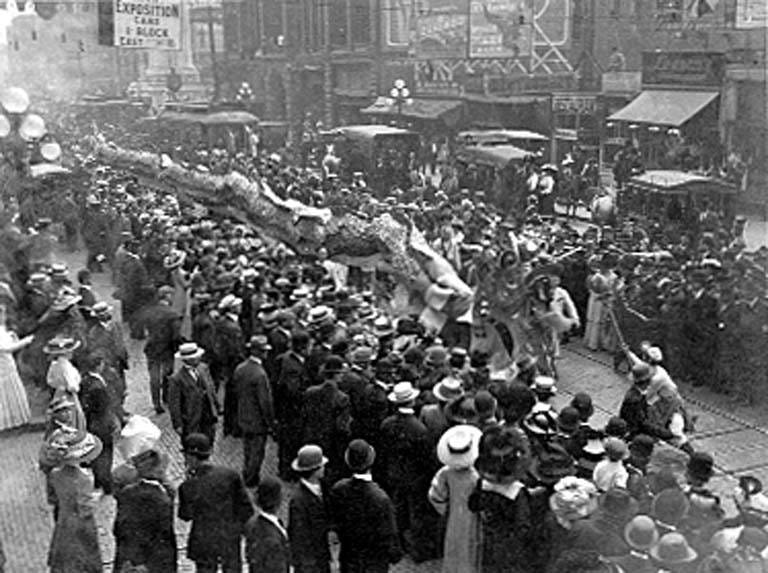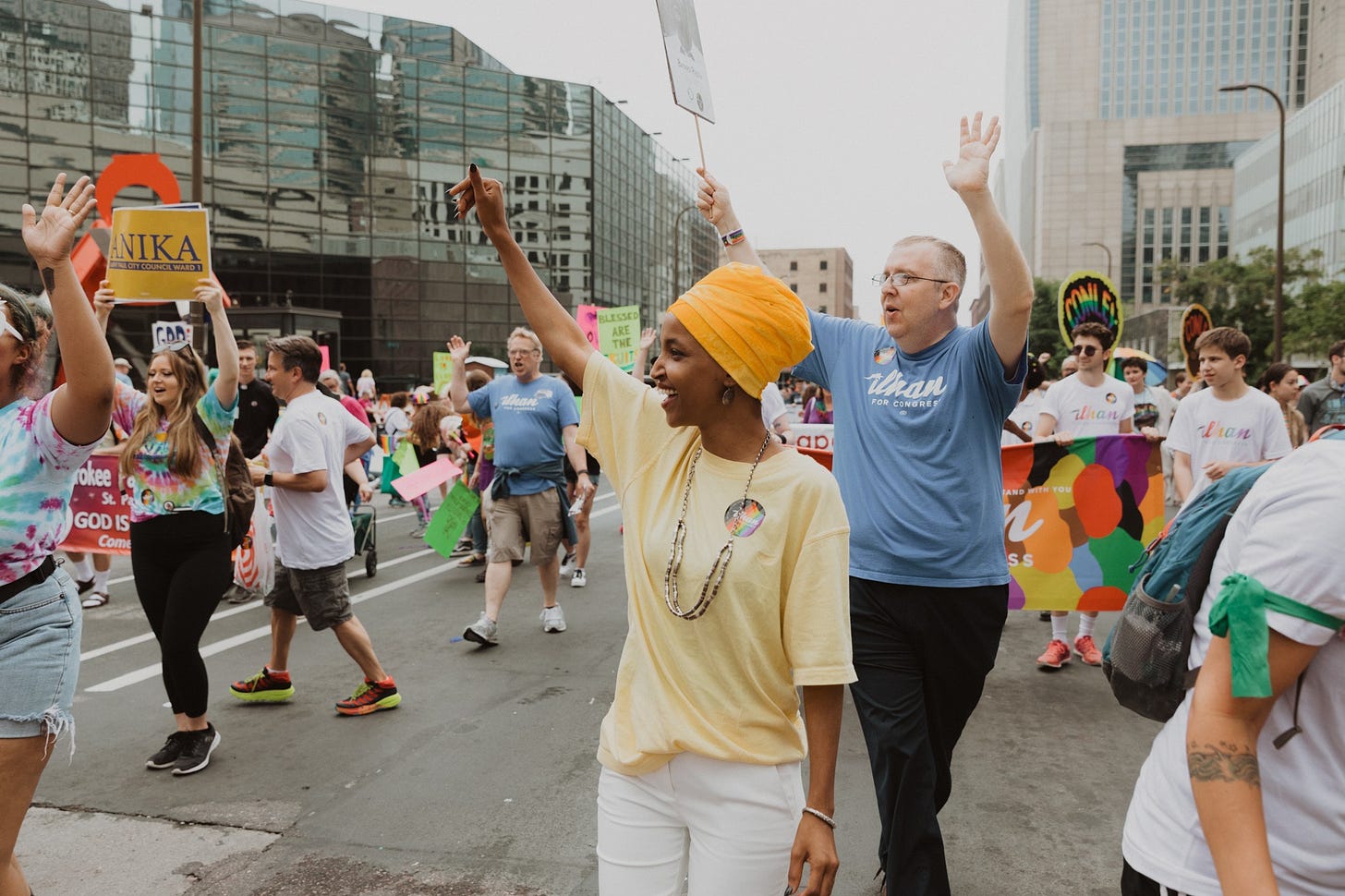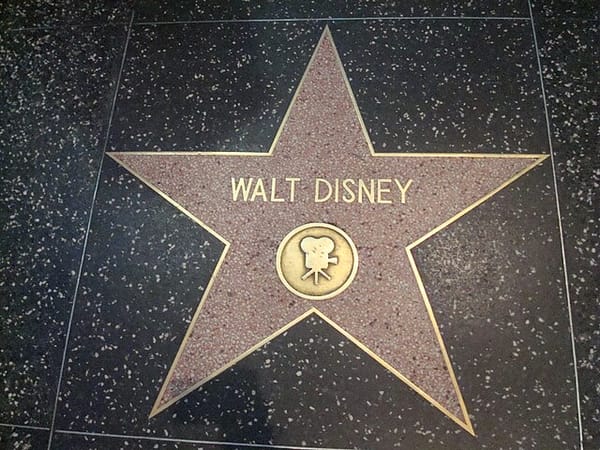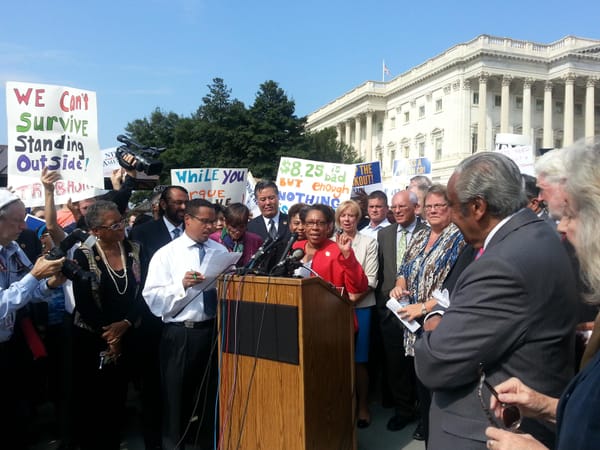Conservatism Among Immigrants is No Excuse for Nativism

Perhaps against better judgement, particularly given the poor performance of incumbents worldwide of late, many liberals went into the 2024 election cautiously optimistic, hoping that a mentally declining Trump and his fanbase of increasingly open racists would finally turn off the American population once and for all. The next day was a dire disappointment, rendered all the more gut wrenching by demographic exit polls - Trump made massive gains with Latino voters, including winning Latino men outright, more than making up for Harris's slight gains with white voters and her advantage with women. Combined with the very public endorsement of Trump by Hamtramck, Michigan mayor Amer Ghalib - a Yemeni American Democrat - and Trump's winning a plurality of voters in heavily-immigrant Dearborn - there is a real potential that liberals begin to doubt whether immigrants from more socially conservative regions of the world are potential coalition partners or instead an electoral threat. While easy to fall into, this thinking reveals a deep lack of confidence in our own ideals.
There are perhaps few figures in the history of American thought to more thoroughly expose the hypocrisy of authoritarian American religious clergy than Frederick Douglass. His denunciations of slave-owning and slave-justifying Christians in the American South in his Life of Frederick Douglass are famous and as biting today as they were then. Perhaps less appreciated but equally astute are his observations in regarding Christian opposition to Chinese immigration in his “Composite Nation” speech. Douglass notes:
But it is said that the Chinese is a heathen, and that he will introduce his heathen rights and superstitions here. This is the last objection which should come from those who profess the all conquering power of the Christian religion. If that religion cannot stand contact with the Chinese, religion or no religion, so much the worse for those who have adopted it. It is the Chinaman, not the Christian, who should be alarmed for his faith.

The logic is difficult to argue with - shouldn’t a Christian confident in his faith be eager to bring more ‘heathens’ into contact with it? Indeed, wouldn’t its inevitable victory be a triumph of the religion (and if victory is not inevitable, what does that say about the creed?) Douglass’s tone is wry but the observation has merit - and is applicable to liberalism just as much to Christianity. If we truly believe that humans flourish under our conception of freedom and agency, shouldn't be confident it's only a matter of time until immigrants, even from the most conservative societies, see things our way?
Nonetheless, this fear is a common excuse for claiming that immigrants (especially from the Islamic world)will not ‘fit’ in our liberal society. This argument is a well worn one in Europe. Geert Wilders, a Dutch politician at the forefront of spreading Islamophobia, argued in 2008 that his constituents “have had enough of burkas, headscarves, the ritual slaughter of animals, so‑called honour revenge, blaring minarets, female circumcision, hymen restoration operations, abuse of homosexuals…” The prominent place given to questions of female and gender equality manage to place an effective veneer of liberalism over what is otherwise an argument based on classic xenophobia.
This particular rhetorical strategy made the jump across the Atlantic as the US itself grew more liberal on questions of gender and sexuality. Regina Rini in the Los Angeles Times describes how Wilders himself helped bring this strategy to the States during Donald Trump’s 2016 presidential campaign - while also concluding that the basic assumptions made by those following this strategy are wrong:
LGBT rights in the Netherlands are stronger than ever. Across Europe, the Muslim population grew by five million, while 12 more countries began recognizing marriage equality. In 2014, before the Supreme Court’s ruling, four of the five US states with the largest Muslim populations already allowed gays and lesbians to marry.
Nonetheless, the argument persists. In an era where both environmental disasters and political instability uproot more and more people, including many millions from more socially conservative cultures, there is no doubt that this ostensible concern for liberal values or lack thereof of immigrants will be invoked to defend nativist arguments.
When confronted with this, however, liberals should put themselves in the shoes of Douglass’s Christians. Are our beliefs so unconvincing or our institutions so weak that they cannot survive contact with a new group of conservatives? Or are we confident that after living in liberal societies for some time, most immigrants, regardless of their country of origin, will come to appreciate the blessings of social liberalism, or at least tolerate them as the price of physical prosperity. As Douglass argues of Chinese arrivals to the United States, “we shall be stronger if we receive them as friends and give them a reason for loving our country and our institutions.”
This has certainly proven to be the case for Muslim Americans - in the six years between 2011 and 2017, Muslim American dramatically increased their approval of homosexuality, with a 52% majority agreeing the ‘homosexuality should be accepted in society” in 2017.
This seems entirely in line with what Douglass anticipated. The people who “received them as friends”, in the case of immigrants today, were broadly speaking liberals who also had socially liberal viewpoints. Muslim immigrants who might be expected to be socially conservative end up being represented by progressive Democrats like Ilhan Omar and Rashida Tlaib.

Voters will often shift their views to align with the coalition that represents them in the issues most salient to them. A psychological study in New Zealand found that in that country “the positions taken by political leaders and political parties can have an important impact on peoples’ preferences, even on issues that are supposed to reflect personal preferences.” So, it seems likely that even, if immigrant communities start with strong social biases against particular liberal policies, they may gradually adopt more liberal ones to better conform with their political coalitions. However, this cannot be expected to proceed if that political coalition as seen as totally conditional, as it will be if Democrats use the 2024 election as an excuse for Islamophobia. Moreover, the coalition cannot be expected to survive unscathed if liberals to not resect abroad the human dignity the claim at home. During the last 13 months of war in Gaza and now Lebanon. Democrats have done far too little to demonstrate that they in fact regard Arab and Muslim lives abroad as worth defending, and their alliance with those groups has frayed. Repairing it is not only good global policy - it is also important for holding together a domestic coalition.
By contrast, restricting immigration hardly seems to have worked to defend liberal enlightenment values where nativism has taken root - Hungary, Poland, and Slovakia have all seen anti-immigrant backlash in the last decade and kept their own foreign born populations much lower than EU states like Germany or Sweden - and at the same time have seen a stagnation or even erosion of LGBTQ+ rights, fueled almost entirely by native born voters, often with institutional backing from the Catholic church.
Liberal principles should appeal to something fundamentally human about us, even if they have specific roots in the various cultures that have expressed them. Individual rights like religious, sexual, and gender freedom find proponents in every culture because they are relevant to every culture, as the rights they grant are based on our common human nature. If we believe this, we should act like it, and accept immigrants, even from cultures where liberalism has not yet become a dominant position. To do otherwise is to accept that even on our home turf in the context of our own institutions we lack faith in our own ability to convince others. As Douglass argued about churches of the time, this reflects poorly on our own confidence. Simply breathing liberal air will not transform an individual’s deeply held beliefs, but over a generation we’ve already seen that socially conservative immigrant groups do not represent a true impediment to liberal progress.



